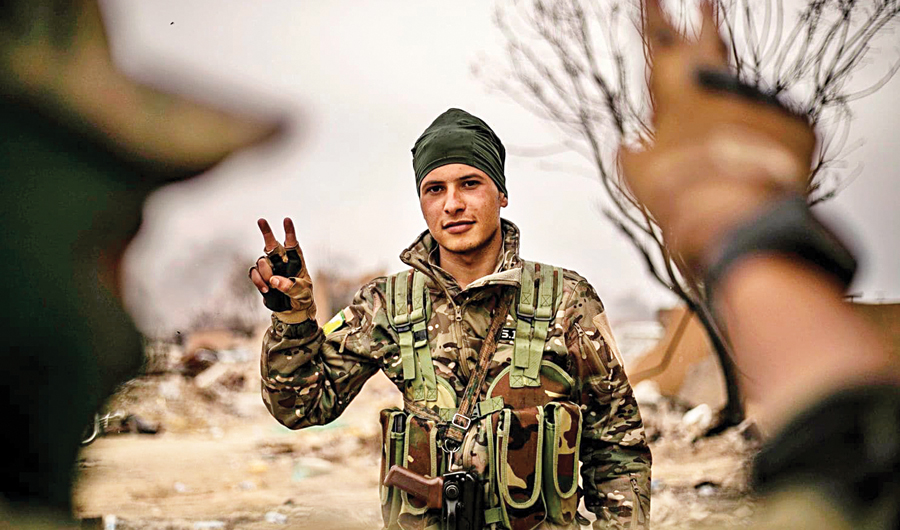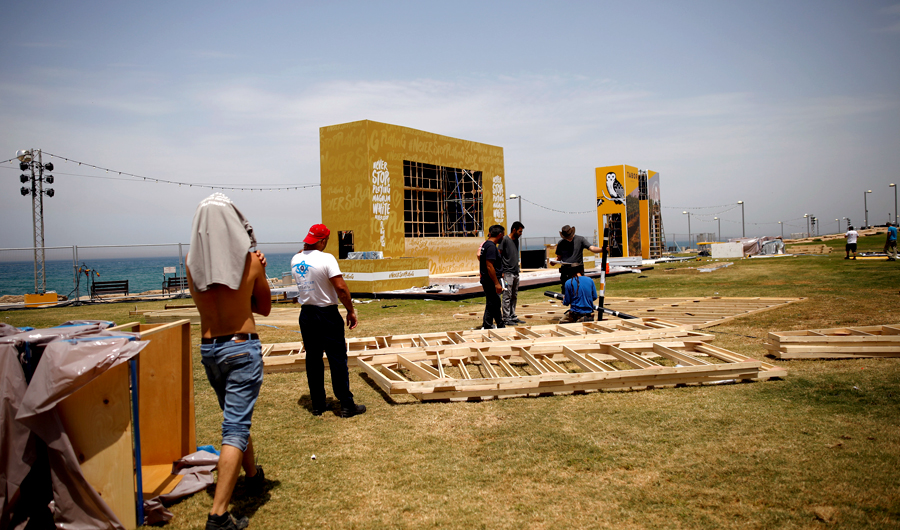Over 500 foreign Daesh men ‘convicted’ in Iraq
BAGHDAD: The Iraqi judiciary has tried and sentenced more than 500 foreigners since the start of 2018 for joining Daesh, the country’s Supreme Court announced on Wednesday.
It said: “514 verdicts were issued, for both men and women, while another 202 accused are still being interrogated and 44 are still being tried.” Another 11 were acquitted and released, it said. The statement referred to “different nationalities” but did not list any specific countries.
It said interrogations were taking about six months for those simply accused of Daesh membership, but anyone accused of actively taking part in the militant group’s operations could be questioned for up to a year.
Iraq declared victory over Daesh in late 2017 and began trying foreigners accused of joining the militant faction the following year.
It has condemned many to life in prison, including 58-year-old Frenchman Lahcen Ammar Gueboudj and two other French nationals.
It has also issued death sentences for other foreign Daesh members, although they have not yet been carried out.
Among those awaiting trial in Baghdad are 12 accused French Daesh members, who were caught in Syria and transferred to Iraqi custody in February.
Government source have told AFP that Baghdad would be willing to try all foreigners currently held in Kurdish detention in northeast Syria for a price.
Around 1,000 suspected foreign Daesh militants are in detention in northeast Syria, in addition to around 9,000 foreign women and children in camps there.
Rights groups including Human Rights Watch have criticized the trials, which they say often rely on circumstantial evidence or confessions obtained under torture.
Wednesday’s statement by the court “urged all trials of foreign terrorists to be moved to Baghdad, as most of the embassies are in the capital and so embassy representatives from the terrorists’ countries can attend the sessions.”
Iraq has also already tried thousands of its own nationals arrested on home soil for joining Daesh, including women.
It has begun trial proceedings for nearly 900 Iraqis repatriated from Syria and sentenced four to death last month under its counter-terrorism law.
The country remains in the top five “executioner” nations in the world, according to an Amnesty International report released last month.
The number of death sentences issued by Iraqi courts more than quadrupled from 65 in 2017 to at least 271 last year.
But fewer were actually carried out, according to Amnesty, with 52 executions in 2018 compared to 125 in 2017.

Daesh leader Al-Baghdadi appears in new propaganda video Iraq says Daesh leader Baghdadi filmed video in ‘remote area’



